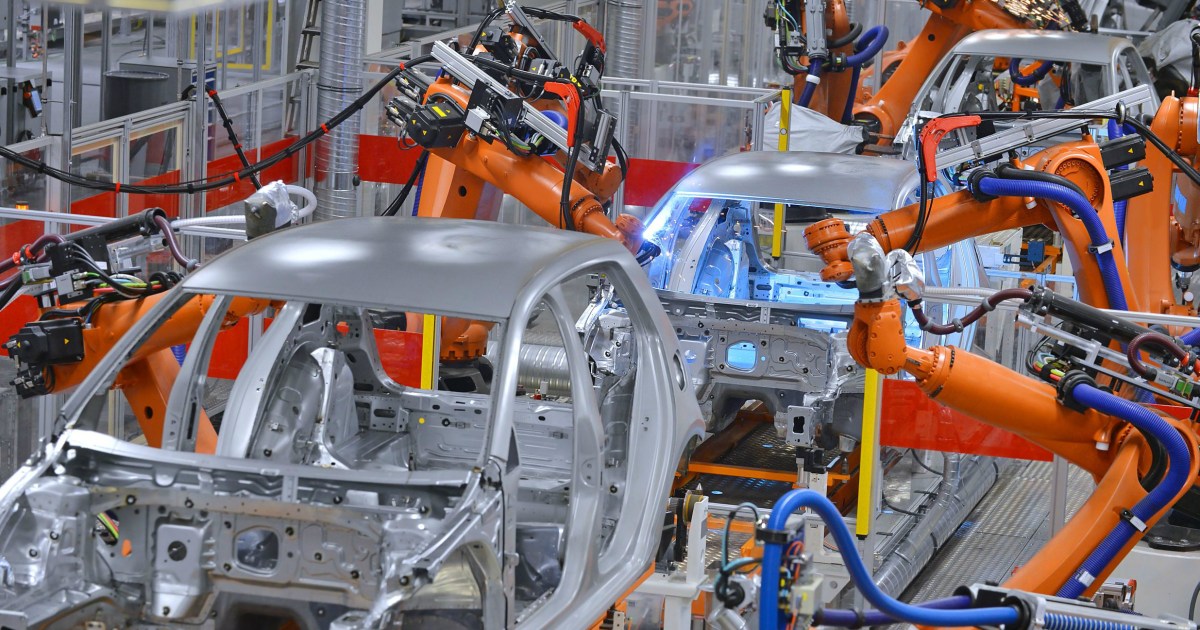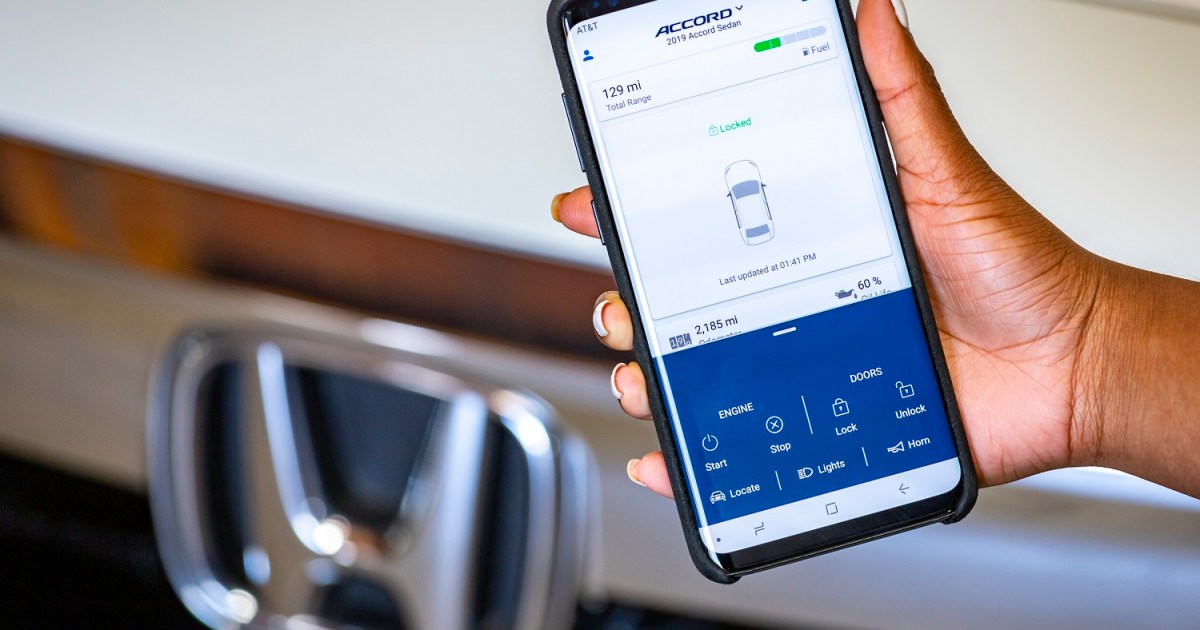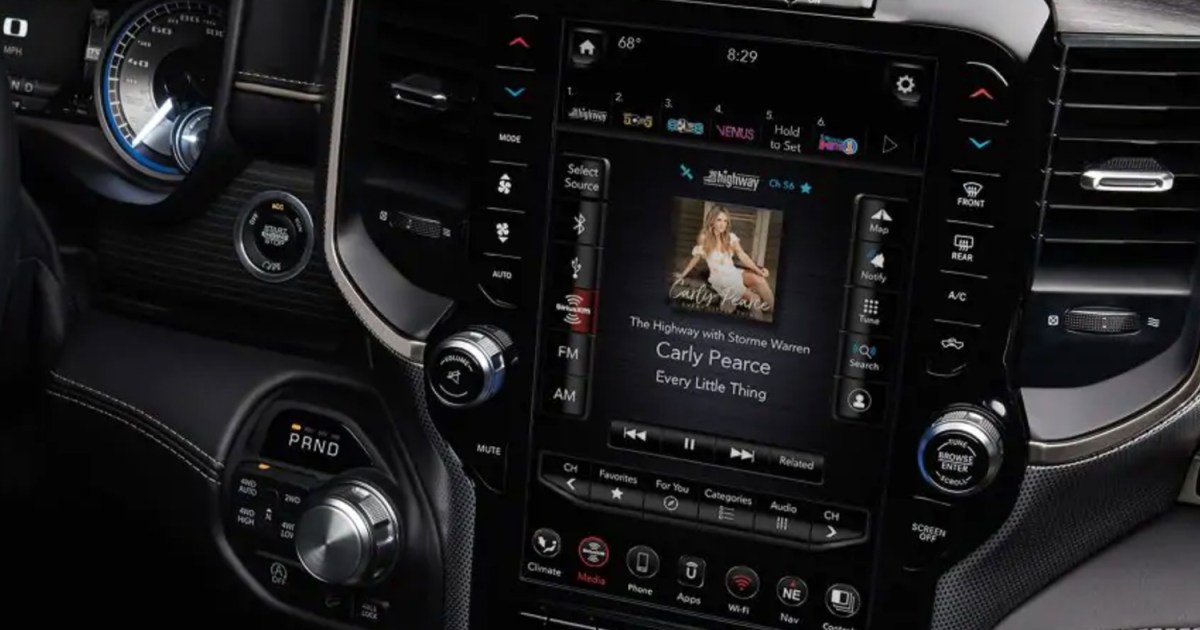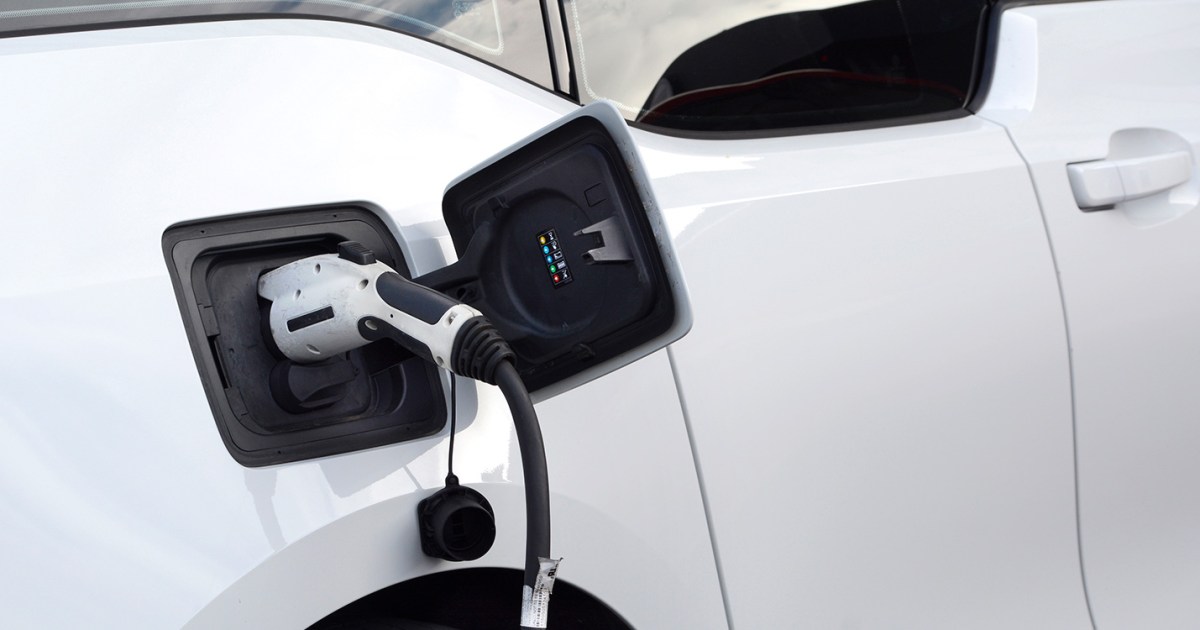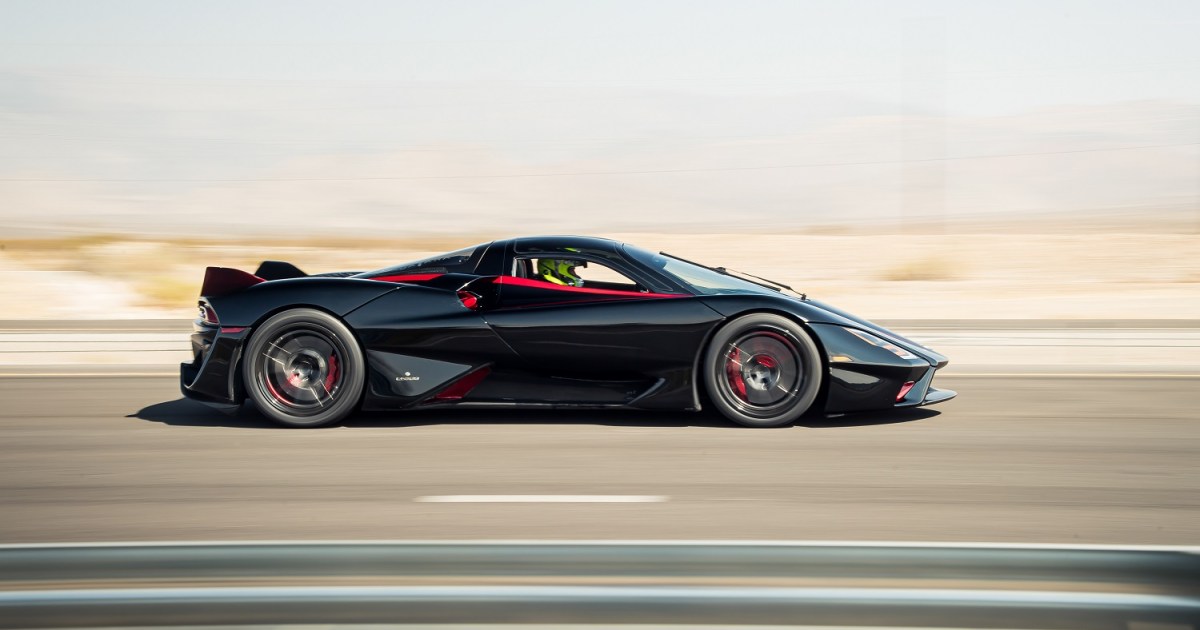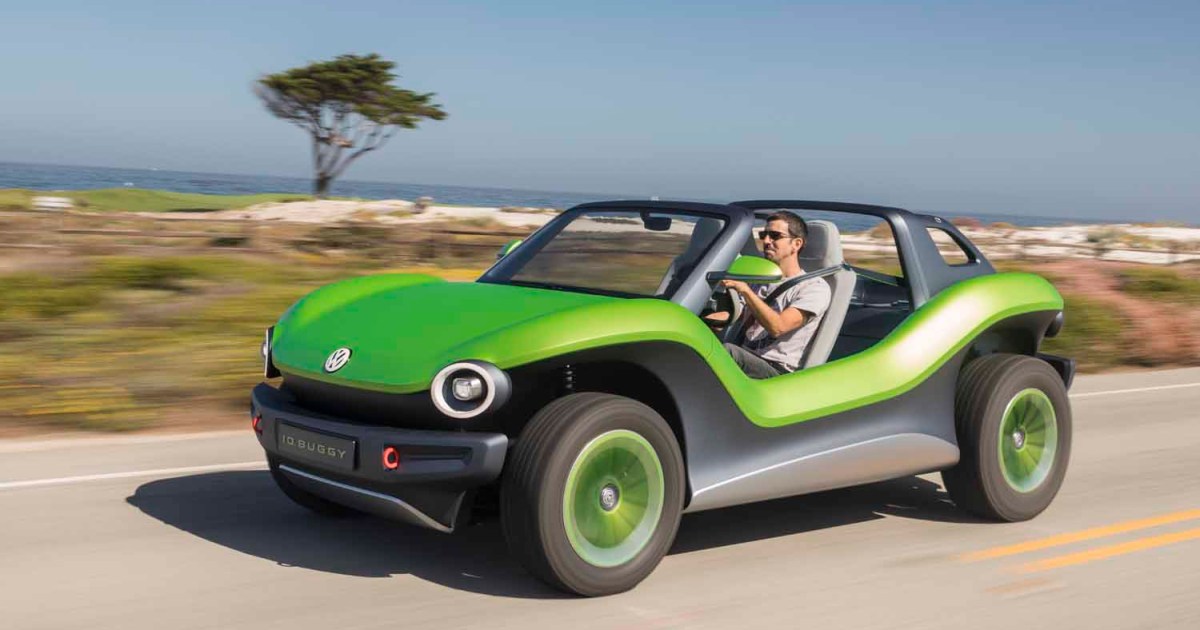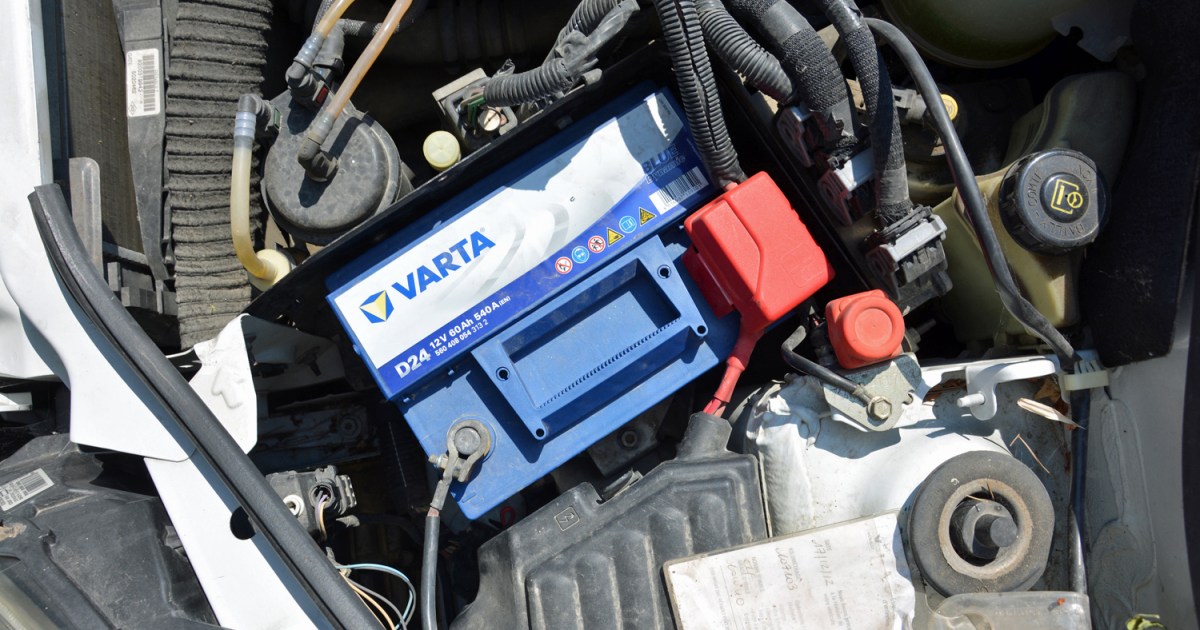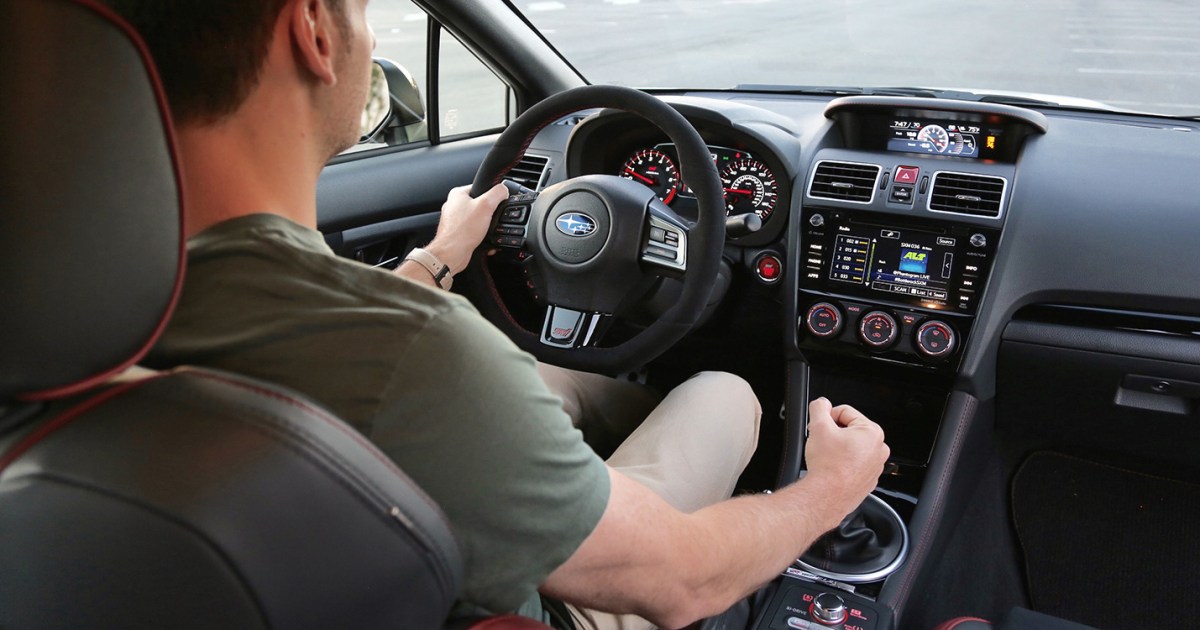The automotive landscape is rapidly evolving, with billions invested in electrification and autonomous driving. This has led to a complex web of mergers, acquisitions, and partnerships, even between rivals. This guide helps you navigate the intricate network of who owns who in the modern car industry.
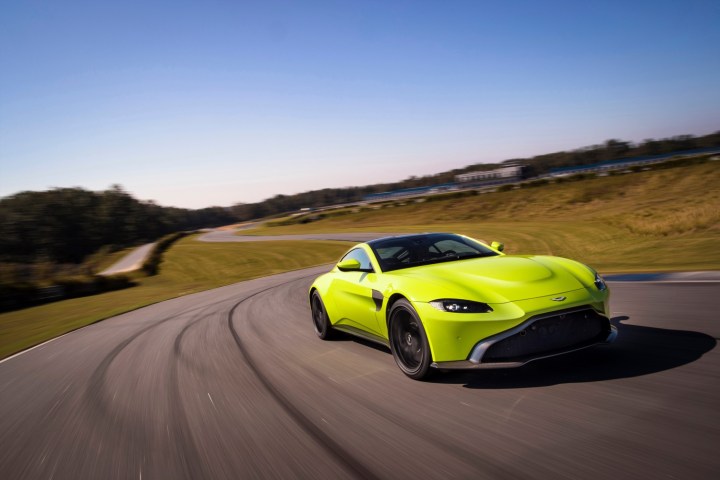 Aston Martin VantageImage alt text: A silver Aston Martin Vantage sports car.
Aston Martin VantageImage alt text: A silver Aston Martin Vantage sports car.
Aston Martin, once part of Ford alongside Volvo and Jaguar, is now independent. Its shareholders include Mercedes-Benz’s parent company, Daimler, and the London-based Investindustrial. This partnership provides Aston Martin with access to AMG engines. Following a challenging period after going public in 2018, Canadian billionaire Lawrence Stroll rescued the company in 2020, aiming to transform Aston Martin into a British equivalent of Ferrari.
BMW Group: From Aircraft Engines to Luxury Cars
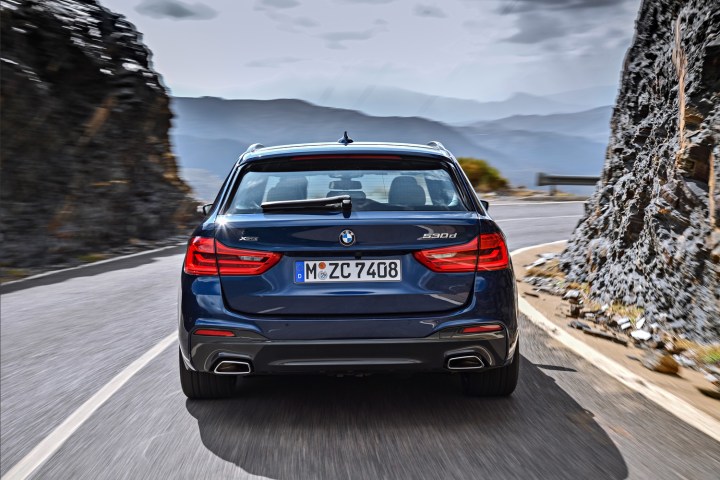 2017 BMW 5 Series TouringImage alt text: A blue 2017 BMW 5 Series Touring station wagon.
2017 BMW 5 Series TouringImage alt text: A blue 2017 BMW 5 Series Touring station wagon.
Founded in 1916 to produce aircraft engines, BMW (Bayerische Motoren Werke) quickly expanded into motorcycles and cars. Its first car, a licensed Austin Seven, debuted in 1928. Today, BMW operates its core brand, the innovative “i” sub-brand, the performance-focused “M” division, Mini, and Rolls-Royce. While maintaining a close relationship with tuner Alpina, BMW doesn’t own it. The company also supplies electric motors to Jaguar Land Rover and its engines are utilized by smaller manufacturers like England-based Morgan.
Daimler AG: A Global Automotive Powerhouse
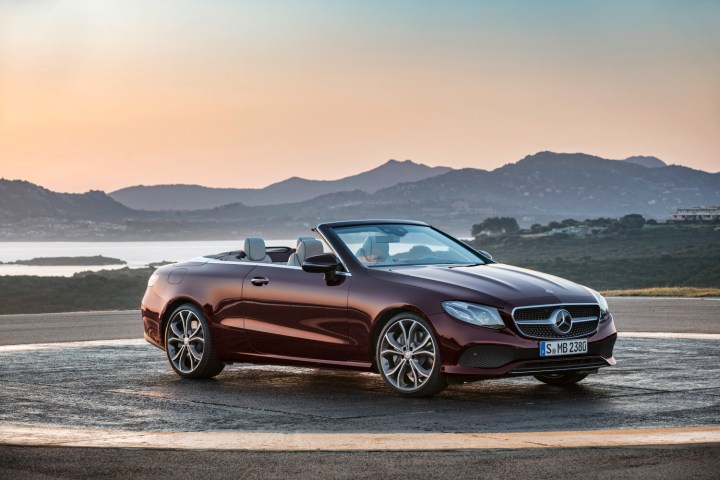 2018 Mercedes-Benz E-Class CabrioletImage alt text: A white 2018 Mercedes-Benz E-Class Cabriolet convertible.
2018 Mercedes-Benz E-Class CabrioletImage alt text: A white 2018 Mercedes-Benz E-Class Cabriolet convertible.
The current Daimler AG, established in 1998, owns Mercedes-Benz, Mercedes-AMG, Mercedes-Maybach, Smart, and several heavy truck brands like Freightliner and Western Star. Its EQ sub-brand focuses on electric, hybrid, and plug-in hybrid vehicles, including the EQC, with the EQA and EQS planned for the future. Daimler’s diverse shareholding includes Chinese investor Li Shufu (nearly 10%), Geely (50% of Smart), Beijing Automotive Group (5%), and Kuwait’s Sovereign Savings Fund (6.8%).
Fiat Chrysler Automobiles (FCA): A Transatlantic Merger
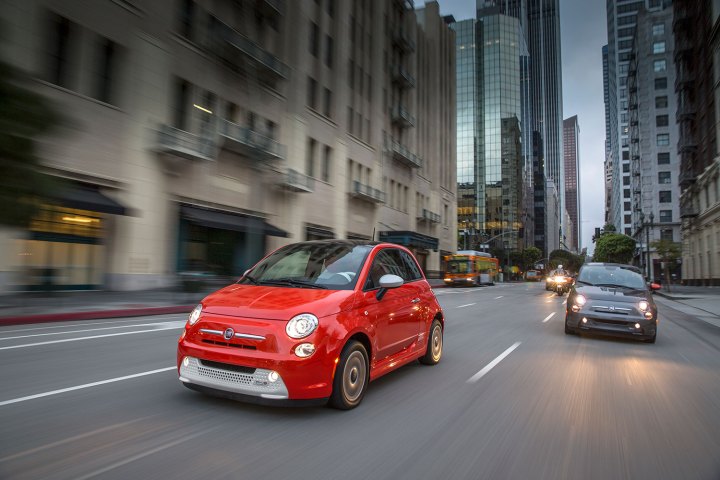 Fiat 500Image alt text: A red Fiat 500 city car.
Fiat 500Image alt text: A red Fiat 500 city car.
Fiat (Fabbrica Italiana Automobili Torino), founded in 1899, initially focused on railroad engines, tractors, and airplane engines before expanding into cars. After Chrysler’s 2009 bankruptcy, Fiat acquired the American automaker. Today, FCA controls Abarth, Alfa Romeo, Fiat, Fiat Professional, Lancia, Maserati, and Chrysler brands including Dodge, Jeep, and Ram. Following a failed merger attempt with Renault, FCA is now merging with PSA Group (Peugeot, Citroen, DS, Opel, and Vauxhall), expected to complete by early 2021.
Ferrari: The Prancing Horse’s Independence
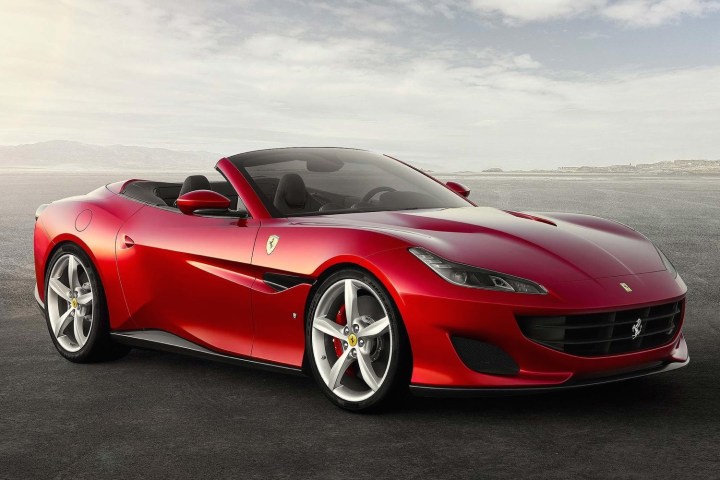 Ferrari PortofinoImage alt text: A red Ferrari Portofino convertible sports car.
Ferrari PortofinoImage alt text: A red Ferrari Portofino convertible sports car.
Founded by Enzo Ferrari in 1947, Ferrari was partially acquired by Fiat in 1969, with Fiat eventually owning 90%. In 2016, Ferrari split from Fiat and launched its IPO, achieving unprecedented success as an independent brand.
Ford Motor Company: Streamlining and Partnerships
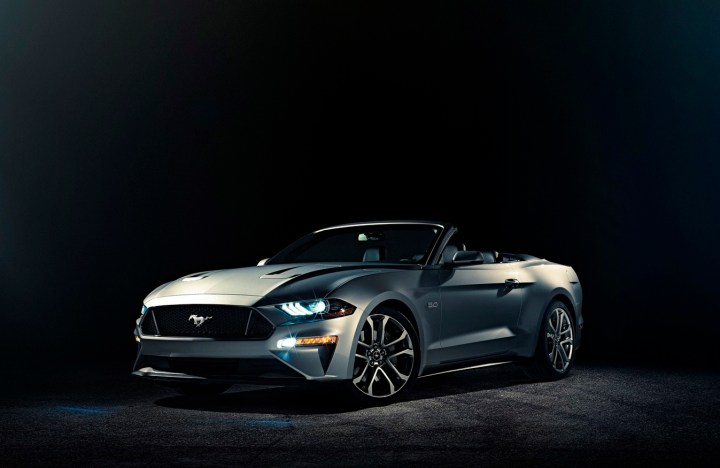 2018 Ford MustangImage alt text: A silver 2018 Ford Mustang convertible muscle car.
2018 Ford MustangImage alt text: A silver 2018 Ford Mustang convertible muscle car.
Ford, known for pioneering automotive assembly lines, once owned stakes in various brands, including Volvo, Jaguar, Land Rover, Mazda, Mercury, and Aston Martin. Today, only Lincoln remains fully owned by Ford. In 2019, Ford partnered with Volkswagen to develop commercial vehicles, autonomous technology, and electric cars. Ford also invested in electric truck startup Rivian.
General Motors: Restructuring and Innovation
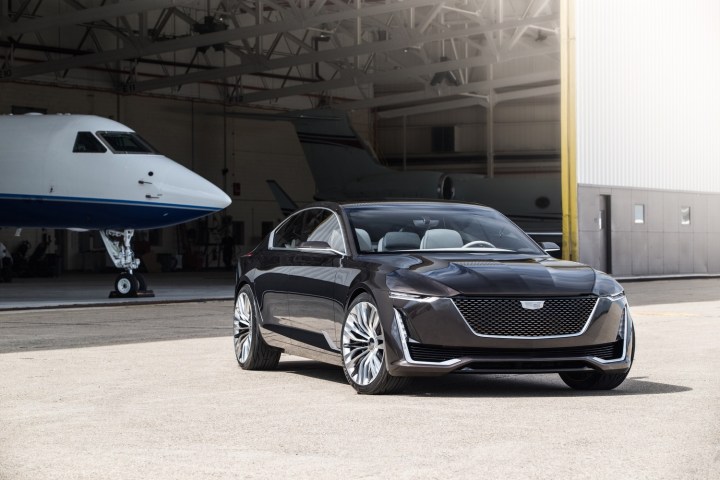 Cadillac Escala conceptImage alt text: A silver Cadillac Escala concept car.
Cadillac Escala conceptImage alt text: A silver Cadillac Escala concept car.
After its 2009 bankruptcy, General Motors streamlined its portfolio to Buick, Cadillac, Chevrolet, GMC, and the soon-to-be-discontinued Australian brand Holden. Beyond iconic models like the Chevrolet Corvette, GM also developed the lunar rover mobility systems for the Apollo missions.
Honda: A Relative Newcomer with a Diverse Portfolio
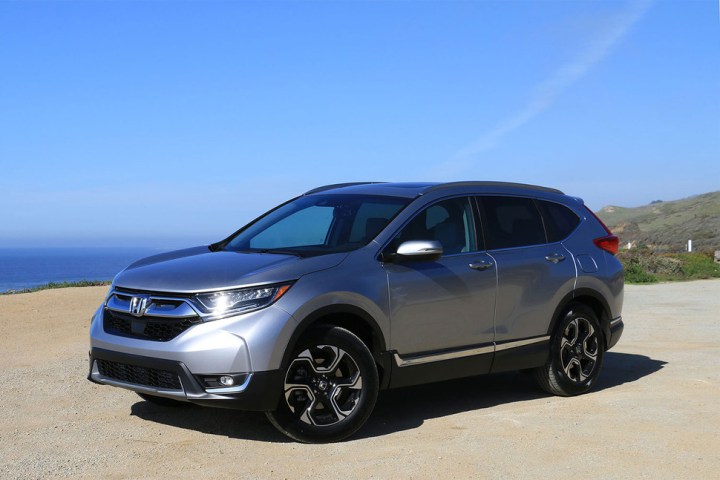 2017-honda-cr-v-front-angleImage alt text: A red 2017 Honda CR-V crossover SUV.
2017-honda-cr-v-front-angleImage alt text: A red 2017 Honda CR-V crossover SUV.
Founded in 1948, Honda is a relatively young automaker. It owns Acura and manufactures a wide range of products, including motorcycles, ATVs, scooters, lawnmowers, boat motors, and even airplanes.
Hyundai Motor Company: South Korean Powerhouse
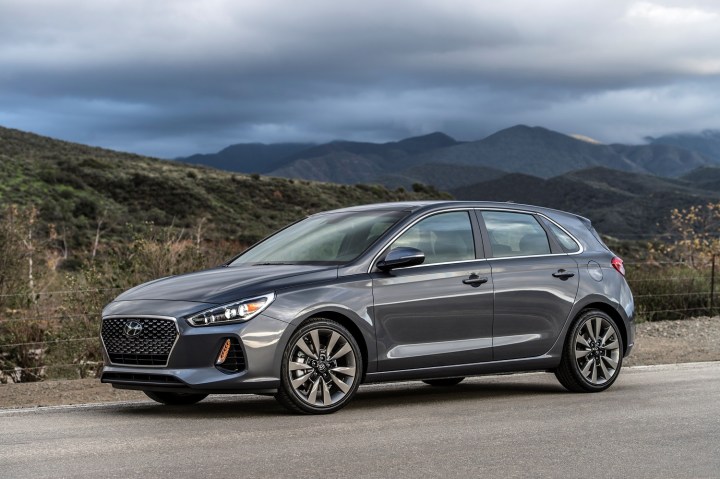 2018 Hyundai Elantra GTImage alt text: A gray 2018 Hyundai Elantra GT hatchback.
2018 Hyundai Elantra GTImage alt text: A gray 2018 Hyundai Elantra GT hatchback.
Hyundai, based in South Korea, released its first car in collaboration with Ford in 1968. Today, Hyundai partially owns Kia and they share numerous components. In 2015, Hyundai launched its luxury sub-brand, Genesis. In 2019, Hyundai and Kia invested in Croatian electric car startup Rimac.
Mazda: From Cork to Cars
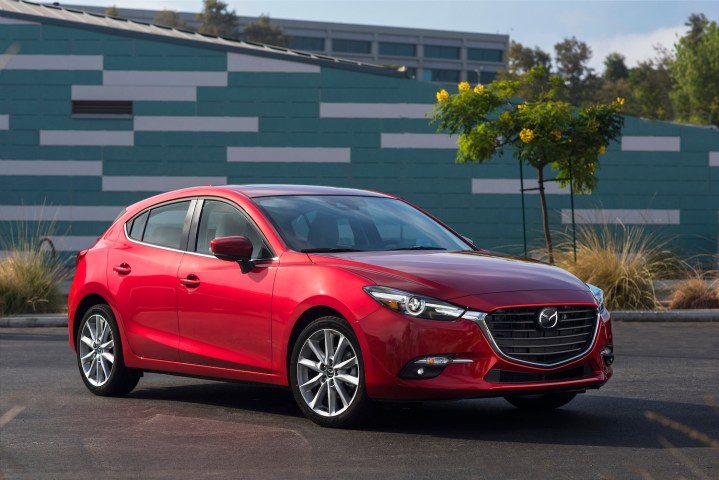 2017_Mazda3_01Image alt text: A gray 2017 Mazda3 sedan.
2017_Mazda3_01Image alt text: A gray 2017 Mazda3 sedan.
Founded in 1920 as a cork manufacturer, Mazda later produced the Mazda-Go three-wheeled pickup in 1931 and its first car, the R360, in 1960. After Ford divested its shares, Mazda became independent. Current collaborations include manufacturing Fiat’s 124 Spider and partnering with Toyota on a crossover factory in Alabama.
McLaren: Racing and Beyond
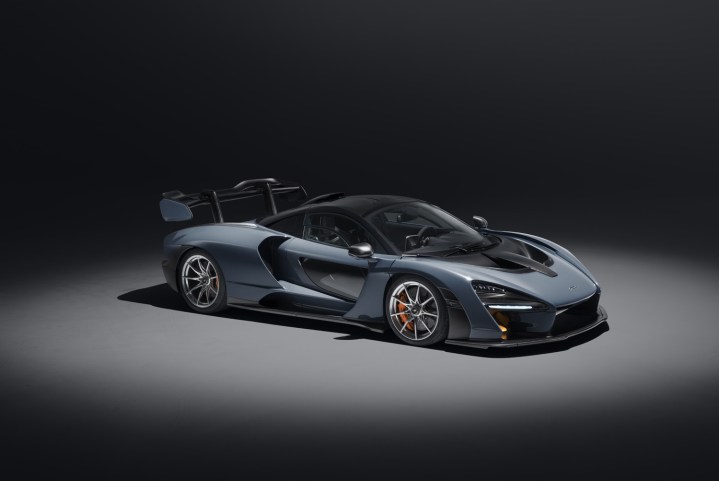 2018 McLaren SennaImage alt text: A yellow 2018 McLaren Senna supercar.
2018 McLaren SennaImage alt text: A yellow 2018 McLaren Senna supercar.
McLaren Automotive, part of the McLaren Technology Group, produces high-performance sports cars and operates the McLaren Formula One team. Its Applied Technologies division creates diverse products, including bicycles, bobsleds, medical equipment, and solar panels. Bahrain’s Mumtalakat sovereign wealth fund owns a majority stake in McLaren.
Mitsubishi: From Heavy Industry to Renault-Nissan
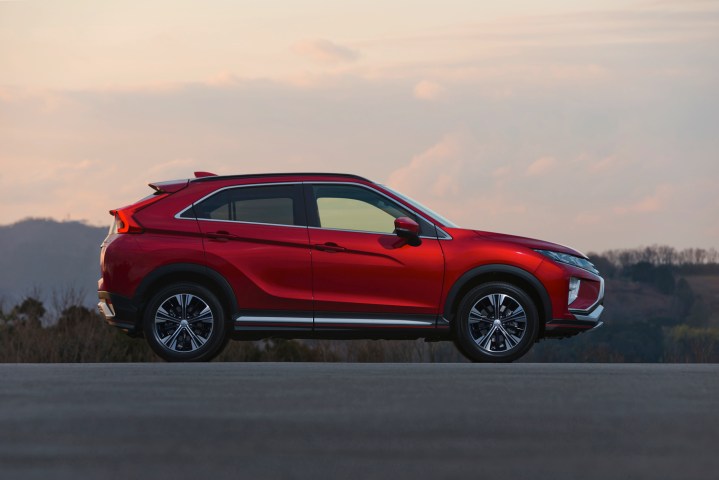 Mitsubishi Eclipse CrossImage alt text: A red Mitsubishi Eclipse Cross crossover SUV.
Mitsubishi Eclipse CrossImage alt text: A red Mitsubishi Eclipse Cross crossover SUV.
The Mitsubishi Corporation, Japan’s largest general trading company, spun off Mitsubishi Motors in 1970. While historically independent, Mitsubishi Motors is now controlled by the Renault-Nissan Alliance.
Renault-Nissan-Mitsubishi Alliance: A Complex Partnership
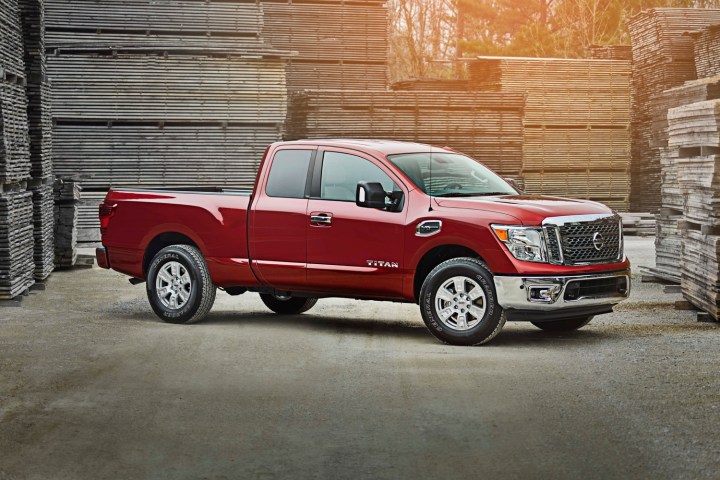 2017 Nissan Titan King CabImage alt text: A gray 2017 Nissan Titan King Cab pickup truck.
2017 Nissan Titan King CabImage alt text: A gray 2017 Nissan Titan King Cab pickup truck.
Renault holds a significant stake in Nissan, while Nissan has a smaller stake in Renault. Nissan operates Infiniti and the revived Datsun brand. Renault owns Dacia and controls AvtoVAZ and Mitsubishi.
Saab: A Brand in Limbo
Saab, founded by aerospace and defense company Svenska Aeroplan, filed for bankruptcy. NEVS acquired Saab’s assets, aiming to electrify the 9-3, but plans stalled. NEVS lost the rights to the Saab name and logo, leaving the brand’s future uncertain.
Subaru: Independent with Toyota Ties
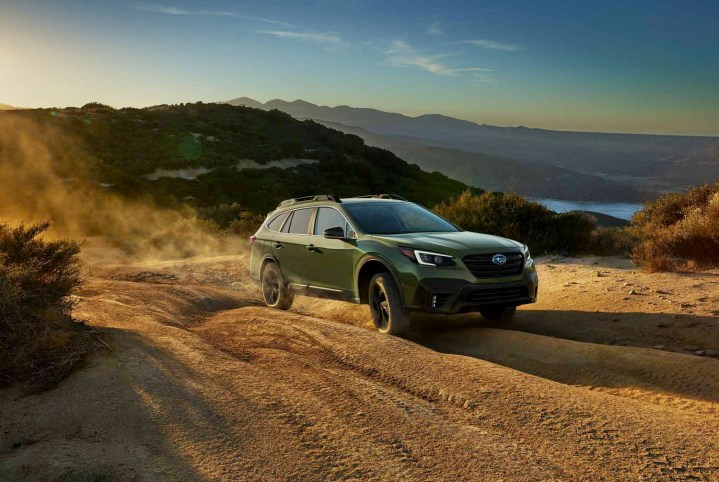 2020 Subaru OutbackImage alt text: A blue 2020 Subaru Outback station wagon.
2020 Subaru OutbackImage alt text: A blue 2020 Subaru Outback station wagon.
Subaru, experiencing a decade of sales growth, remains independent despite Toyota owning a 16% stake. They co-produce the 86/BRZ twins and plan to co-develop an electric crossover.
Tata Motors: From Nano to Jaguar Land Rover
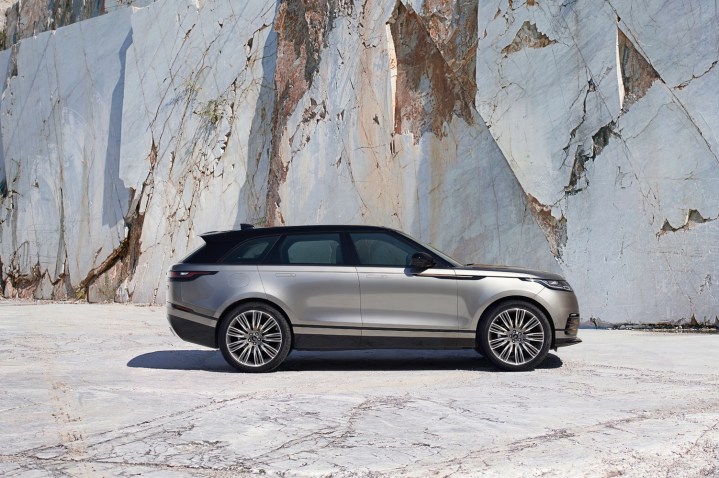 2018 Land Rover VelarImage alt text: A gray 2018 Land Rover Velar SUV.
2018 Land Rover VelarImage alt text: A gray 2018 Land Rover Velar SUV.
Indian company Tata Motors gained notoriety for the low-cost Nano. In 2008, Tata acquired Jaguar and Land Rover, revitalizing both luxury brands. Despite rumors of a sale, Tata intends to retain ownership.
Tesla: The Electric Innovator
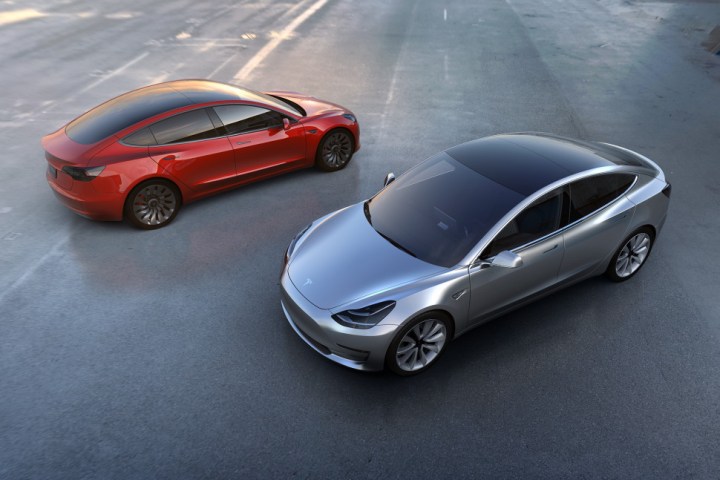 Tesla Model 3Image alt text: A red Tesla Model 3 sedan.
Tesla Model 3Image alt text: A red Tesla Model 3 sedan.
Founded in 2003, Tesla produces electric vehicles, including the Model S, Model X, Model 3, and Model Y. Future plans include a semi-truck, the Cybertruck, a new Roadster, and a potential entry-level city car.
Toyota Motor Corporation: A Global Giant
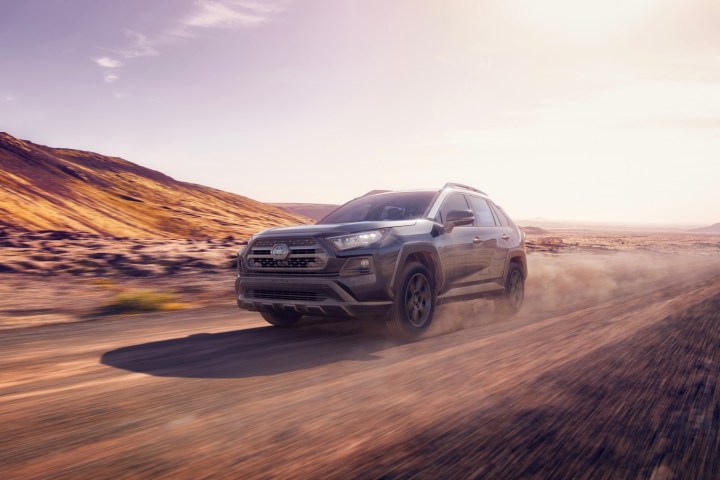 2020 Toyota RAV4 TRD Off-RoadImage alt text: A blue 2020 Toyota RAV4 TRD Off-Road SUV.
2020 Toyota RAV4 TRD Off-RoadImage alt text: A blue 2020 Toyota RAV4 TRD Off-Road SUV.
Toyota, one of the world’s largest automakers, owns Daihatsu, Lexus, and Hino Motors. The youth-oriented Scion brand was discontinued in 2016.
Volkswagen Group: From People’s Car to Global Conglomerate
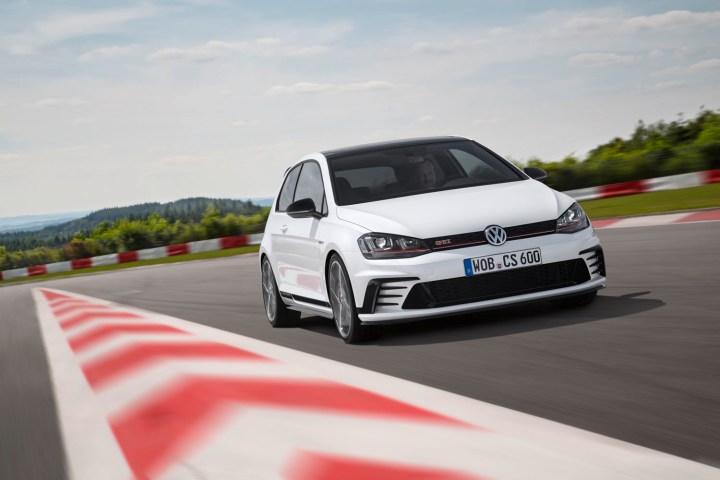 Volkswagen GTI ClubsportImage alt text: A white Volkswagen GTI Clubsport hatchback.
Volkswagen GTI ClubsportImage alt text: A white Volkswagen GTI Clubsport hatchback.
Volkswagen, meaning “people’s car,” rose to prominence with the Beetle. Today, the Volkswagen Group includes Audi, Bentley, Porsche, Bugatti, Lamborghini, SEAT, Skoda, MAN Trucks, Scania, and Ducati. Its electric vehicle offensive includes the ID.3, ID.4, and the ID. Buzz concept van.
Volvo Cars: Swedish Heritage, Chinese Ownership
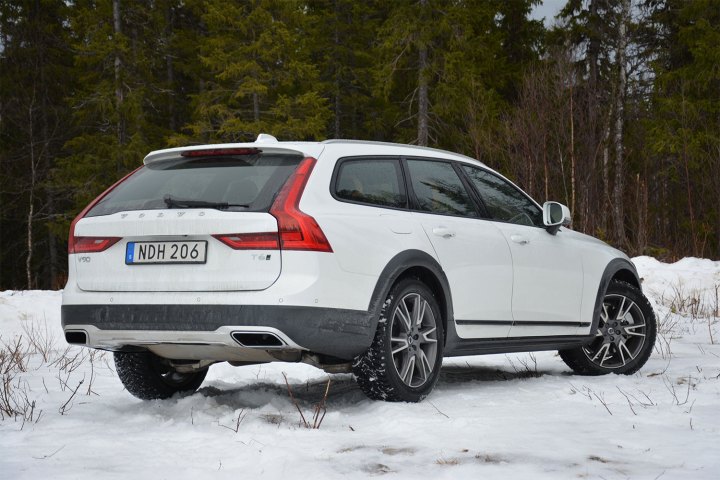 2017 Volvo V90 Cross CountryImage alt text: A brown 2017 Volvo V90 Cross Country station wagon.
2017 Volvo V90 Cross CountryImage alt text: A brown 2017 Volvo V90 Cross Country station wagon.
Founded in 1927, Volvo was acquired by Ford and subsequently by Zhejiang Geely Holding Group in 2010. Geely’s investment has focused on electrification and autonomy, positioning Volvo as a technology leader. Geely and Volvo co-founded the electric car brand Polestar.
The automotive industry’s future lies in innovation, with manufacturers continuously pushing technological boundaries. Partnerships and alliances are crucial for sharing technology and resources, driving the industry forward.



